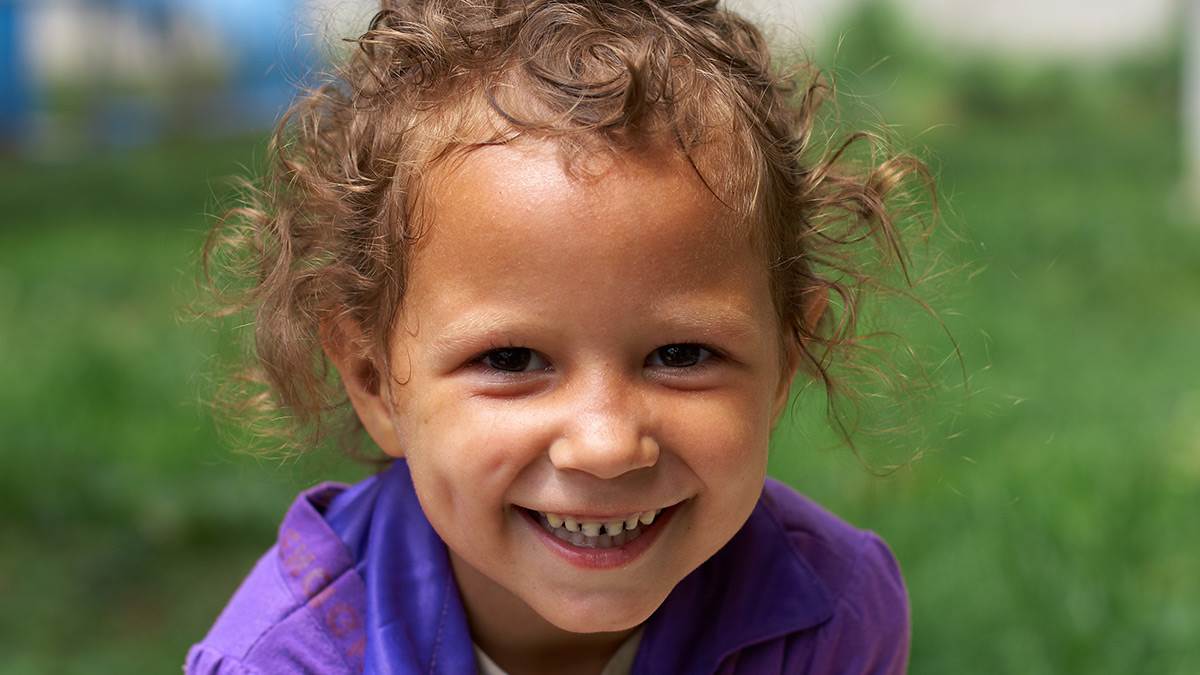Working with Gypsy, Roma and Traveller communities
Gypsy, Roma and Traveller communities are an often misunderstood and socially excluded group, with a distinctive culture and heritage. A flexible gifting approach is often required to ensure that these families get access to the Bookstart packs and programmes they are entitled to.
In the 2011 census for England and Wales, 58,000 respondents identified themselves as Gypsy or Irish Traveller. Other sources estimate that the population of Gypsy, Roma and Travellers could be anywhere between 82,000 and 300,000.

The term Gypsy, Roma and Traveller is a collective term used to describe a wide variety of cultural and ethnic groups, including Romany Gypsies, Irish Travellers, Scottish Gypsies and Travellers, Welsh Gypsies and Travellers, New Travellers, Bargees and others living on boats, and travelling show people.
‘Gypsy, Roma and Travellers are among the most disadvantaged groups in our society, and children from these communities are the group most at risk.’ (Working Towards Inclusive Practice, Save the Children 2006)
According to a study by YouGov, Gypsy, Roma and Travellers are the least tolerated minority group in Northern Europe, with 58 per cent of respondents in Britain reporting a negative impression of Gypsy, Roma and Traveller communities. Opinion can be influenced by media reports and entertainment coverage, which are often misinformed and reinforce false stereotypes.
Education
Of the people who identified as Gypsy, Roma and Traveller in the 2011 census of England and Wales, 60% had no formal qualifications whatsoever. This is three times higher than the national average. (Damian Le Bas, Yes, Gypsies lag in education, but the reasons are complex and cultural, The Guardian 22 January 2014)
Language
Although Gypsy, Roma and Travellers speak English in most situations, they may have different ways of using English and also have their own languages. Care should be taken when using words that aren’t typically used every day.
Bookstart and Gypsy, Roma and Traveller communities
Bookstart has a flexible policy of gifting packs and encourages partnership working at a local level, with health, education and diversity services linking up with libraries to reach and gift to families.
- Gypsy, Roma and Traveller professionals should use their knowledge of a family to determine when a pack would be beneficial for a child, even if this differs slightly to the national model
- Many Traveller families will not be in contact with health visitors/early years settings at gifting ages, therefore all Bookstart partners need to be aware of the flexible policy for Gypsy, Roma and Traveller families and adapt it as required
How are Bookstart schemes working with Gypsy, Roma and Traveller groups?
The Bookstart online audit completed for 2008-2009 found that 104 local authorities have access routes in place, including:
- Health visitors - either specifically assigned to Gypsy, Roma and Travellers or generally through their usual caseload
- Via the Traveller Education Service
- Through local projects and organisations e.g. West Midlands Traveller Education Service, Read on Write Away (Derbyshire) Ormiston Trust
- Via pre-school settings and children's centres
- Links made with the Ethnic Minority and Traveller Achievement Service (EMTAS)
- Through families linking into the local library service
- Through local authority contacts, including Council Liaison Officers, Family Information Services, Family Learning, Community Engagement, Access and Inclusion Services
Things to consider when working with Gypsy, Roma and Traveller families
- Be aware of your own beliefs or preconceptions and how these may have been formed - be prepared to challenge them
- Ensure that your gifting approach is open-minded and non-judgemental
- Every child is entitled to the packs, no matter their setting, situation or home life
- Work with professionals who have access to, and experience of, working with Gypsy, Roma and Traveller communiites. They can be helpful in ensuring that Bookstart messaging is communicated clearly, for instance through rephrasing questions in different ways and using illustrations to support your gifting.
